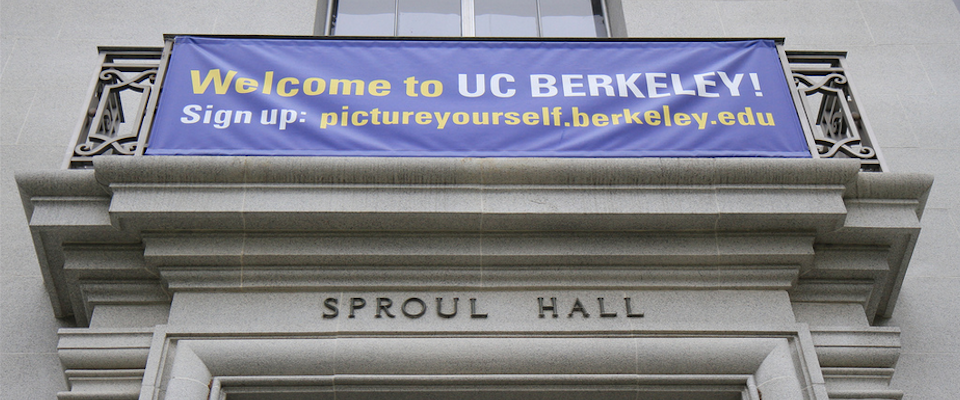There is some revisionist sentiment manifest on just what it means to be religious in America. In his recent book, After Cloven Tongues of Fire: Protestant Liberalism in American History, Berkeley history Professor David Hollinger maintains that the ecumenical, progressive impulse in American religion has been a much greater force in shaping the national credo than is generally assumed.Liberal Protestantism, says Hollinger, established the foundation for tolerance and egalitarianism that defines the American ethic.
That may be. But you’re still unlikely to win many plaudits by blithely declaring yourself an arrant atheist. That, at least, is the opinion of Jak Grueneberg, a Cal senior majoring in anthropology and the co-president of the Atheists and Skeptics Society at Berkeley (BASS).
Grueneberg (whom we also talked to about the recent Public Religion Research Institute study) said he became an atheist at 10, “but I was an angry atheist until I was 18 or 19, when I was able to find a structural basis for my atheism. Still, there’s a great deal of discrimination against atheists—not institutional discrimination, but social discrimination. It can upset some people when they discover you’re an atheist.”
Grueneberg joined BASS because “I wanted a community—a place where you could meet people, talk, plan activities. For believers, a church is more than a place of worship—it’s a social hub. Atheists and skeptics lack that, and we need something comparable if we’re going to grow. We need to provide an alternative to church—for us it wouldn’t be a place of worship, of course, but it would meet the needs for community and sociability everyone feels.”
But Grueneberg thinks BASS won’t expand by railing against religious fallacies and obscurantism. Again, he emphasizes, the anger must be left behind.
“For my generation, social context means more than political context,” he says. “BASS can’t take a hard line. We don’t want to. This isn’t about confrontation. It’s about pitching an umbrella that can accommodate many viewpoints. We don’t want to isolate ourselves—we want to attract people.”
—Glen Martin




















